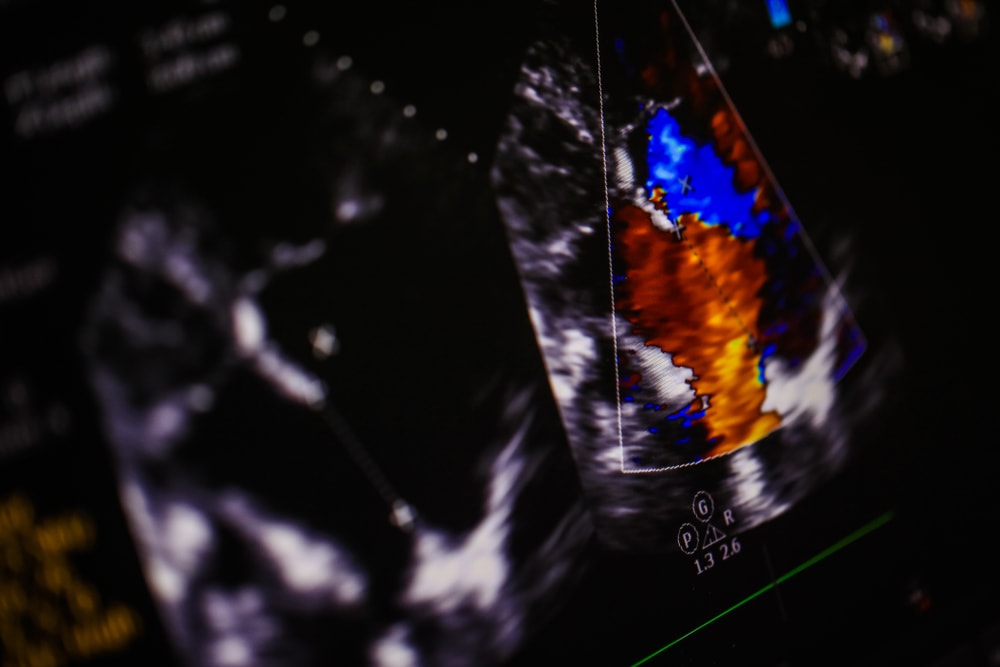By S Mittal et al
Taken directly from Heart Rhythm
Cardiac device procedures require tissue dissection to free existing device lead(s). The purpose of this study was to determine whether standard or low-temperature electrocautery impacts the development of an adverse event.
Patients enrolled in WRAP-IT (Worldwide Randomized Antibiotic EnveloPe Infection PrevenTion Trial) undergoing cardiac implantable electronic device (CIED) revision, upgrade, or replacement were evaluated. All adverse events were adjudicated by an independent physician committee.
In total, 5641 patients underwent device revision/upgrade/replacement. Electrocautery was used in 5205 patients (92.3%) (mean age 70.6 ± 12.7 years; 28.8% female), and low-temperature electrocautery was used in 1866 patients (35.9%). Compared to standard electrocautery, low-temperature electrocautery was associated with a 23% reduction in the incidence of a procedure- or lead-related adverse event through 3 years of follow up (hazard ratio [HR] 0.77; 95% confidence interval [CI] 0.65–0.91; P = .002). After controlling for the number of active leads, degree of capsulectomy, degree of lead dissection, and renal dysfunction, low-temperature electrocautery was associated with a 32% lower risk of lead-related adverse events (HR 0.68; 95% CI 0.52–0.89; P = .004). These effects were consistent across a spectrum of lead-related adverse event types.
This study represents one of the largest assessments of electrocautery use in patients undergoing CIED revision, upgrade, or replacement procedures. Compared to standard electrocautery, low-temperature electrocautery significantly reduces adverse effects from these procedures.
Reference
Mittal S, Wilkoff BL, Poole JE, Kennergren C, Wright DJ, Berman BJ, Riggio D, Sholevar DP, Martinez-Arraras J, Moubarak JB, Schaller RD, Love JC, Pickett RA, Philippon F, Eldadah Z, Lande JD, Lexcen DR, Holbrook R, Tarakji KG. Low-temperature electrocautery reduces adverse effects from secondary cardiac implantable electronic device procedures: Insights from the WRAP-IT trial. Heart Rhythm. 2021 Jul;18(7):1142-1150. doi: 10.1016/j.hrthm.2021.03.033. Epub 2021 Mar 27. PMID: 33781980.

